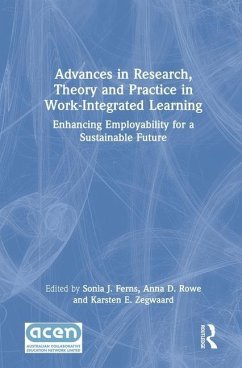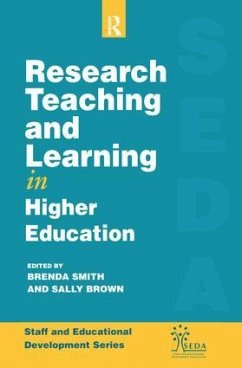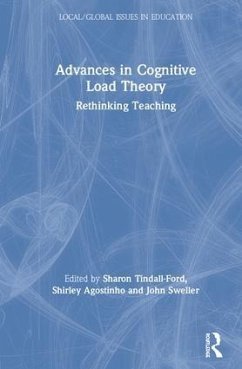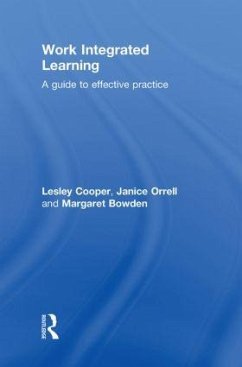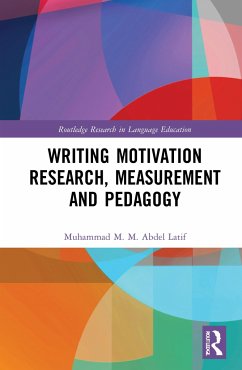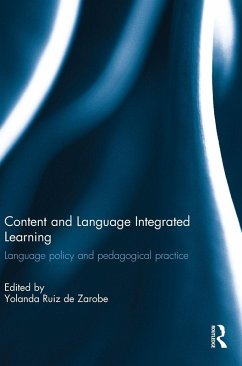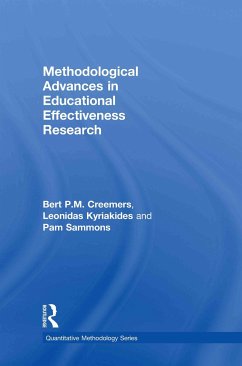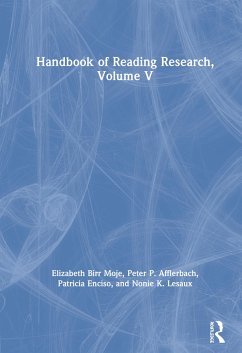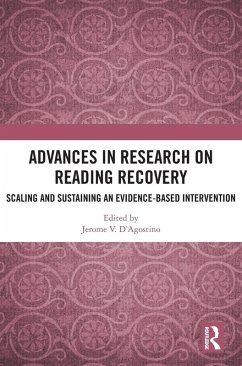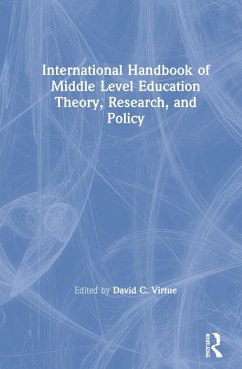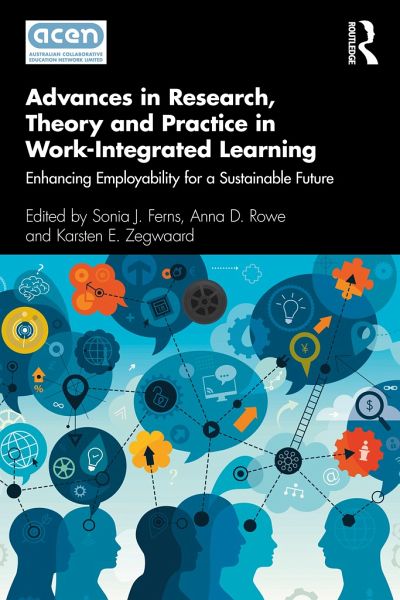
Advances in Research, Theory and Practice in Work-Integrated Learning
Enhancing Employability for a Sustainable Future
Herausgeber: Ferns, Sonia J.; Zegwaard, Karsten E.; Rowe, Anna D.
Versandkostenfrei!
Versandfertig in 1-2 Wochen
49,99 €
inkl. MwSt.
Weitere Ausgaben:

PAYBACK Punkte
25 °P sammeln!
Work-integrated learning (WIL) is a key strategy for enhancing student employability outcomes and lifelong learning capabilities. This timely publication critically reflects on existing scholarship and practice in WIL, discusses contemporary insights, provides a synopsis of resonating themes, and recommends areas for future research and practice. The book aims to position WIL as a strategic imperative for enabling a sustainable workforce through strengthening graduate capacity both in Australia and globally.The collection of edited scholarly chapters were compiled by 59 researchers, practition...
Work-integrated learning (WIL) is a key strategy for enhancing student employability outcomes and lifelong learning capabilities. This timely publication critically reflects on existing scholarship and practice in WIL, discusses contemporary insights, provides a synopsis of resonating themes, and recommends areas for future research and practice. The book aims to position WIL as a strategic imperative for enabling a sustainable workforce through strengthening graduate capacity both in Australia and globally.The collection of edited scholarly chapters were compiled by 59 researchers, practitioners, and experts in WIL, and supported by the peak national professional body for WIL in Australia, the Australian Collaborative Education Network (ACEN). The chapters cover a range of pertinent topics such as teaching and learning, stakeholder engagement, maximizing learning outcomes, diverse forms of WIL practice, support and infrastructure, and future directions. Specific areas of interest include governance and leadership, student equity and wellbeing, quality and evaluation and interdisciplinary WIL. This book is essential reading for researchers, practitioners, workplace and community partners, university leaders, and policy makers, as the practice of WIL continues to expand in the higher education sector.





